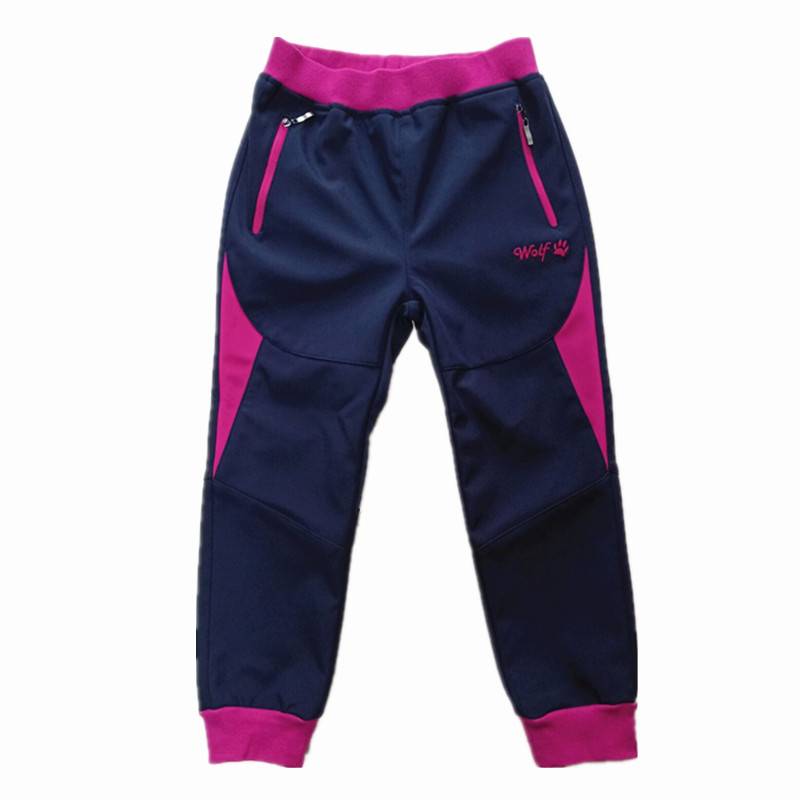The Rise of Organic Sportswear A Sustainable Choice for Active Lifestyles
In recent years, the demand for sustainable clothing has surged, with consumers increasingly prioritizing environmentally friendly options in their wardrobes. Among the various sectors experiencing this shift, organic sportswear has emerged as a significant trend. This article explores the benefits of organic sportswear, its impact on the environment, and why it is becoming a popular choice for athletes and fitness enthusiasts.
Organic sportswear refers to clothing made from natural fibers that are grown without the use of harmful pesticides or synthetic fertilizers. Common materials include organic cotton, bamboo, and hemp. These fabrics not only reduce the ecological footprint associated with conventional textile production but also offer several advantages for active wear.
One of the primary benefits of organic sportswear is its comfort. Natural fibers tend to be softer and more breathable than their synthetic counterparts, allowing for better moisture management and temperature regulation. This is particularly important during physical activities when the body generates heat and sweat. Athletes wearing organic clothing can enjoy a more comfortable experience without the irritation often caused by synthetic materials.
Moreover, organic sportswear is typically free from harmful chemicals that can be found in conventional fabrics. Many chemical treatments used in typical clothing production can irritate the skin and pose health risks. By choosing organic options, consumers can reduce their exposure to these potentially harmful substances, making it a healthier choice for both the environment and the wearer.
organic sportswear

The environmental benefits of organic sportswear are substantial. Traditional cotton farming is notorious for its heavy use of water and pesticides, contributing to soil degradation and water pollution. In contrast, organic farming practices promote biodiversity and soil health, using crop rotation and natural pest control methods. When consumers opt for organic sportswear, they support a more sustainable agricultural system that prioritizes the health of the planet.
Additionally, many brands specializing in organic sportswear are committed to ethical labor practices. This means that the workers involved in producing these garments are often paid fair wages and work in safe conditions. By choosing organic, consumers can align their purchasing power with their values, supporting businesses that prioritize social responsibility.
As awareness of environmental issues grows, so does the market for organic sportswear. Brands are innovating to create high-performance gear that meets the demands of athletes while remaining eco-conscious. Whether it’s moisture-wicking shirts, breathable leggings, or durable outerwear, organic options are becoming increasingly available.
In conclusion, the rise of organic sportswear signifies a broader movement towards sustainability in the fashion industry. With its comfort, health benefits, and positive environmental impact, organic sportswear is an appealing choice for those who lead active lifestyles. By choosing organic, consumers are not only investing in their health and comfort but also supporting practices that promote a healthier planet for future generations. As the trend continues to grow, it is clear that organic sportswear is here to stay, making waves in both the athletic and sustainability arenas.















